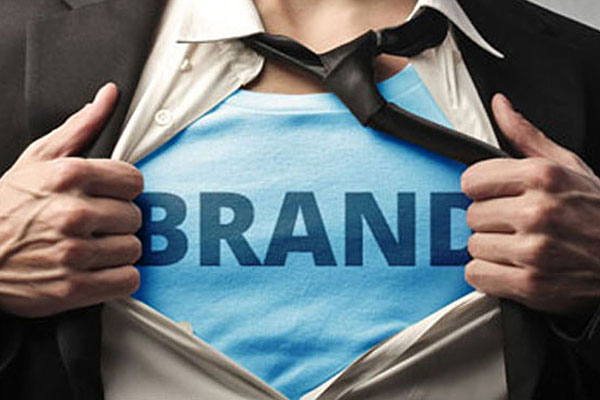I’ve recently been reading Mark Ritson’s blog posts for UK-based Marketing Week. They are a nice mixture of smart thinking and entertaining delivery.
The Background
Ritson is an Aussie and career academic who also does marketing consulting work. He comes across a bit like the John Oliver of the marketing world, but without Oliver’s research and production staff behind him, yet he’s very comfortable with the presumption that his own iconoclastic and/or politically incorrect view is the right one.
He is a masterful user of profanity, which I define as using the key swear words—usually less the F-word and certain less the C-word—sparingly and mixed in with a very broad and provocative vocabulary. Also, swearing in a dialect—verbal or written—other than your own seems to magnify the overall effect. This mastery-of-profanity is the opposite of what I hear in most rap lyrics, but that may just be me. Ritson even uses this technique in his post titles, though (of course) sparingly:
“TV and digital are dating, so who’s going to get screwed?”
“The seven unmistakeable signs of a shit brand consultant”
“Why can’t marketers see that digital metrics are bullshit?”
The Blog Post of Particular Interest
“Mark Ritson: People are not brands—no, not even me[1]”
The concept of personal branding has been around for a long time and is now generally accepted as the go-to career strategy. Ritson is a good example of successful personal branding, but to his credit, he chooses to disavow branding as the source of that success. It’s a ridiculously long piece though, so here’s the nut of his argument:
“Frequently we will change a product or company to deliver its chosen positioning better. But if you or I started to change our personality or way of doing things to fulfil some personal branding agenda, we would be inauthentic wankers.”
He’s right, but I’d go at this from another angle, (the brilliant) Michael E Porter’s [2]. One of Porter’s three generic brand marketing strategies is not viable in the personal branding context—being the lowest-priced competitor. At least not in the long term, which is the time horizon of a career, hopefully. Selling yourself cheap may be the way to get the job in front of you, but it’s no way to move forward, or to be honestly respected by your employer.
So that leaves us with differentiating yourself in a positive, relevant way, or focusing on a segment of the market where your skills are/can be differentiated. Which sounds a lot more like traditional career management. Maybe we should all go back to talking about it that way.
There’s also the possibility that good personal branding can go terribly wrong, at least for the consumer, when there’s a mismatch between the fictional personal brand and the person’s true capabilities. I consider the current POTUS to be an example of this.
No, People Are Not Brands
The concept of branding assumes a nearly infinite range of options in configuring the product or service. For humans, that range is much more limited. The ephemeral brand is bigger than the actual product it is positioning, but in the context of choosing the person to run your company, your life or your country, it’s the underlying product features and capabilities that matter.
- Ritson, Mark, “Mark Ritson: People are not brands—no, not even me“, marketingweek.com, Aug 30, 2017.
- Porter, Michael E., “Competitive Advantage” (Chap 1, pp 11-15), The Free Press, New York, 1985. Yes, that long ago.





